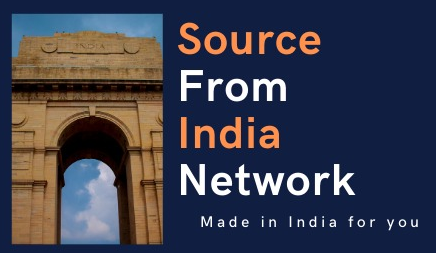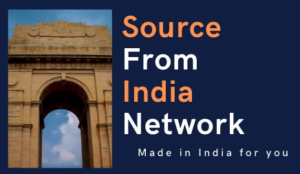Sourcing pharmaceuticals and medical devices from India requires adherence to a comprehensive set of compliance regulations, encompassing quality standards, manufacturing practices, licensing procedures, and import/export guidelines. These regulations are designed to safeguard public health and ensure the safety and efficacy of medical products.
Quality Standards:
-
Good Manufacturing Practices (GMP): All manufacturers of pharmaceuticals and medical devices in India must comply with Schedule M and Schedule M III of the Drugs and Cosmetics Act (DCA), which outline the GMP requirements for quality assurance, self-inspection, quality audits, and quality control systems.
-
ISO 13485: India’s GMP regulations are harmonized with ISO 13485, the international standard for quality management systems in the medical device industry. Manufacturers must demonstrate compliance with ISO 13485 to ensure their products meet international quality standards.

Manufacturing Practices:
-
Licensing: All manufacturers of pharmaceuticals and medical devices in India must obtain the necessary licenses from the Central Drugs Standard Control Organization (CDSCO). The CDSCO regulates the manufacture, import, and sale of drugs and medical devices in India.
-
Inspections: CDSCO conducts regular inspections of manufacturing facilities to ensure compliance with GMP regulations. These inspections assess the quality of raw materials, manufacturing processes, and product testing procedures.
-
Documentation: Manufacturers must maintain comprehensive records of all quality-related activities, including raw material sourcing, manufacturing processes, product testing results, and corrective actions taken.
Import/Export Guidelines:
-
Import Licenses: Importers of pharmaceuticals and medical devices must obtain import licenses from CDSCO. The licenses are granted based on the product’s classification and regulatory requirements.
-
Customs Clearance: Imported pharmaceuticals and medical devices must undergo customs clearance at designated ports of entry. Customs officials verify compliance with import regulations and documentation.
-
Post-Market Surveillance: Manufacturers and importers are responsible for monitoring the safety and performance of their products in the market. They must report any adverse events or product defects to CDSCO promptly.
Additional Considerations:
-
Third-Party Audits: Manufacturers and importers may engage third-party auditors to assess their compliance with regulatory requirements and industry best practices.
-
Regulatory Updates: Companies sourcing pharmaceuticals and medical devices from India must stay informed about the latest regulatory updates and changes in the Indian regulatory landscape.
-
Compliance Expertise: It is advisable to seek guidance from experienced regulatory consultants to ensure compliance with the complex regulatory environment in India.

